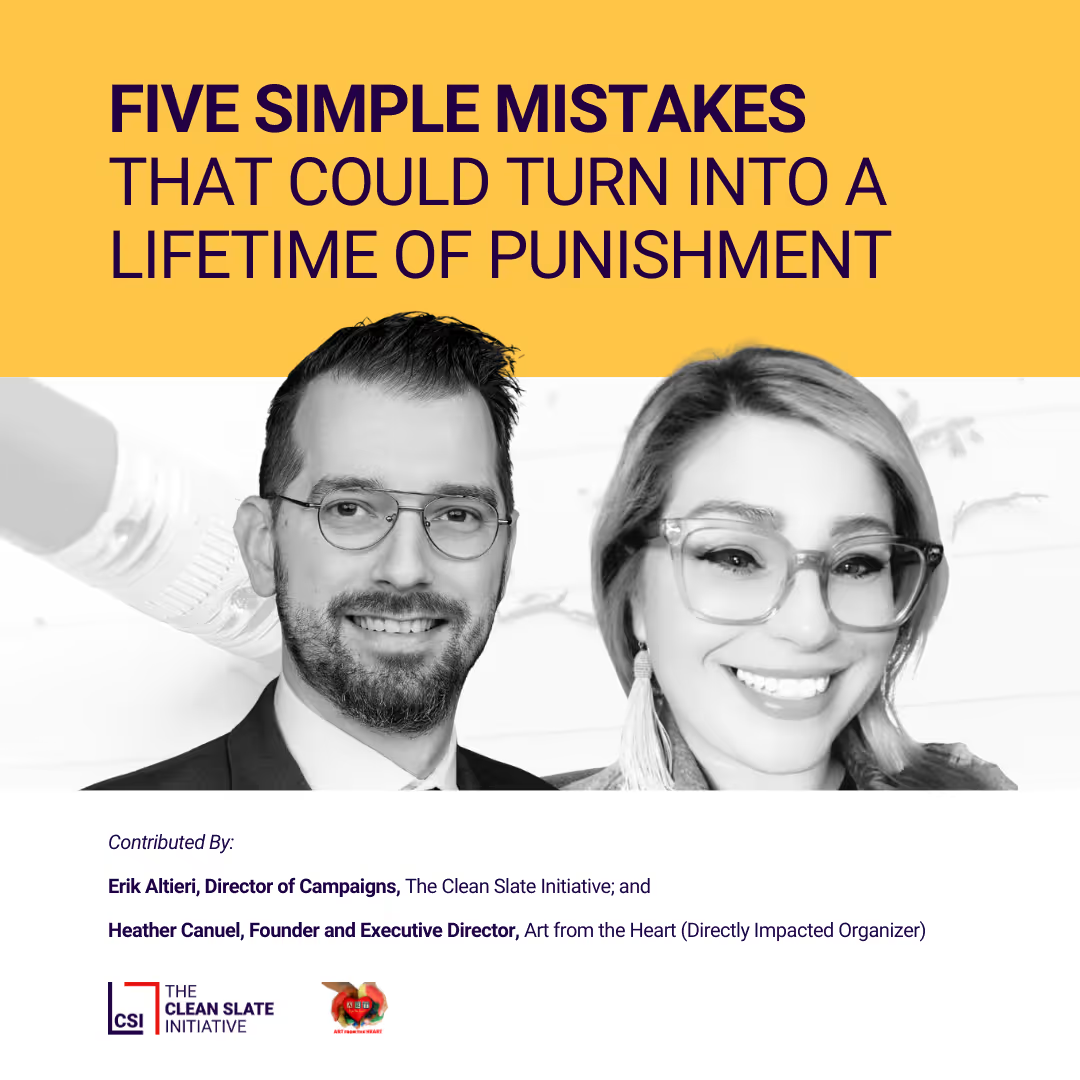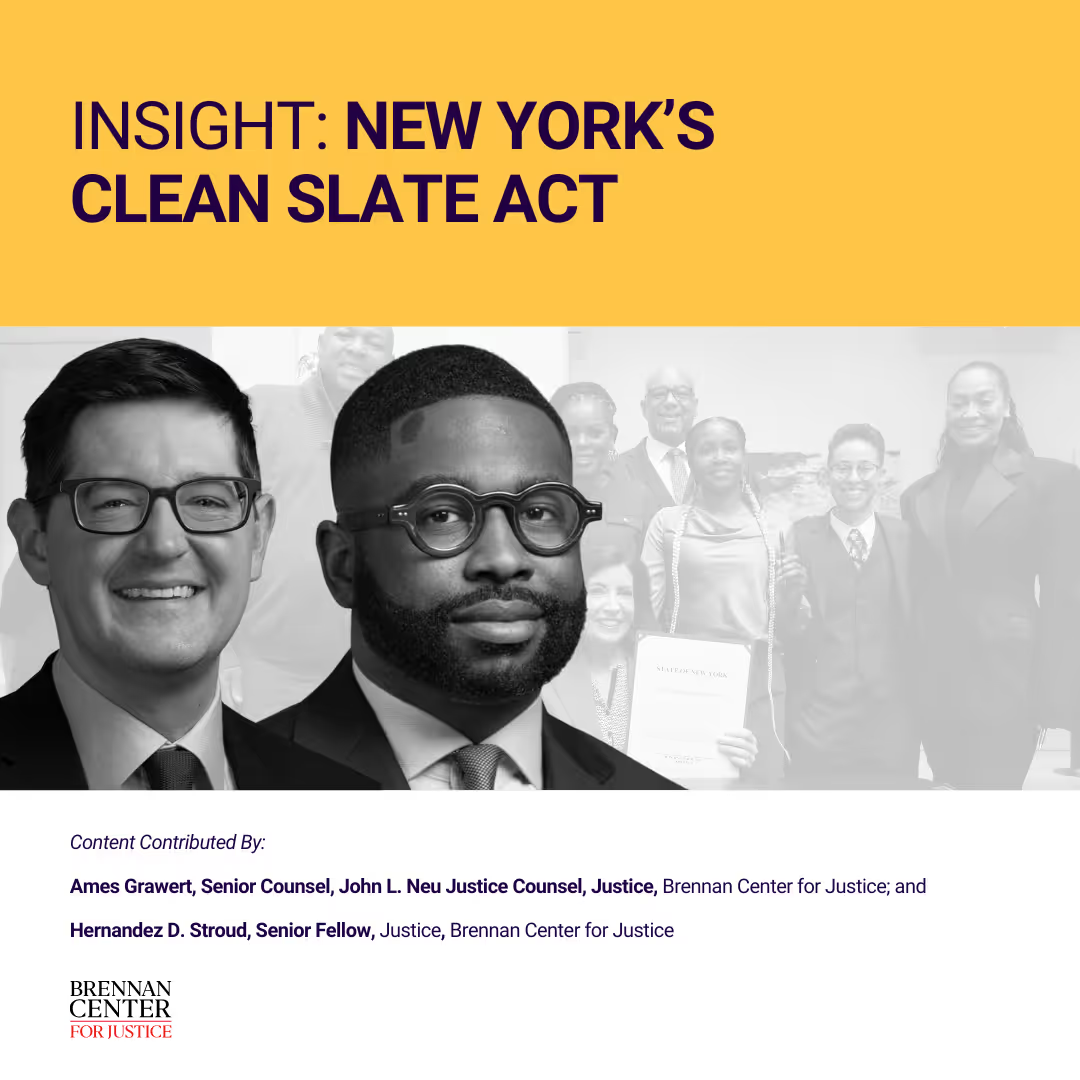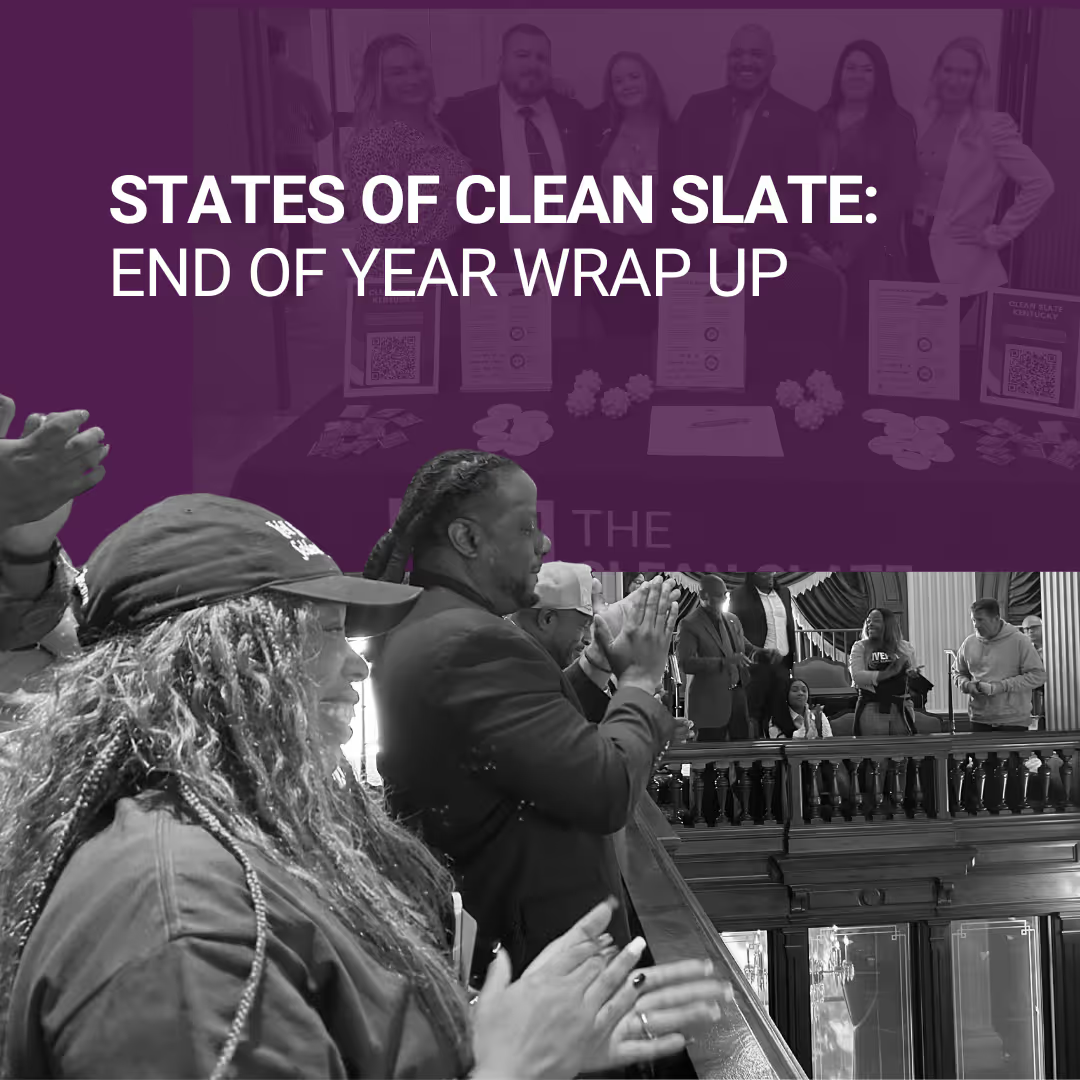Maryland Takes a Stand for Second Chances with Passage of the Expungement Reform Act of 2025

In a bold and compassionate move, Maryland lawmakers have passed the Expungement Reform Act of 2025 (SB 432), a landmark piece of legislation that marks a turning point in the fight for a fairer legal system and a stronger economy. This bill removes a significant barrier to second chances: clarifying that a probation violation should not automatically disqualify an individual from having their eligible arrest or conviction record sealed.
The implications are far-reaching. With this one piece of legislation, Maryland opens the door to opportunity for Marylanders who have long been blocked from employment, housing, and education due to old records — even when they’ve met all other requirements to have their record sealed.
The Abhishek Case: A Harmful Precedent
The case Expungement Petition of Abhishek, decided in 2022 by the Appellate Court of Maryland, created a new legal precedent that disqualified otherwise eligible records from expungement if the person had violated probation. The court opinion ruled that by violating one’s probation terms, they had not “satisfactorily” met the terms of their sentence, a requirement for expungement — even if they had met all other marks. The ruling applied to all probation violations, no matter how old and no matter how small, including technical violations. In the case of the Petitioner, the decades-old violation at issue was for possessing a small amount of now-legal cannabis.
SB 432 addresses this by making the law clear: probation violations shouldn’t automatically disqualify someone from a second chance. This change acknowledges that people can make mistakes but still deserve an opportunity to move forward with their lives.
By removing the automatic disqualification for probation violations, SB 432 removes barriers for many Marylanders who have completed their sentences, including any consequences for probation violations, to petition for expungement.
Why This Matters: Unclogging the Path to Redemption
For more than 1 million Marylanders living with an arrest or conviction record, the passage of SB 432 is more than just a legal update — it’s a validation of their efforts to move forward. Prior to this legislation, even a minor technical violation of probation could prevent someone from clearing their record, regardless of the nature of the original offense or the amount of time that had passed.
Probation violations are commonly issued for minor infractions — like missing an appointment, failing a drug or alcohol test, or not being able to pay fines and fees. Probation violations disproportionately impact communities of color and low-income individuals, who are more likely to face barriers and be caught in cycles of supervision and re-incarceration. SB 432 gives people a real chance at starting over, and better aligns the state’s commitment to these values with its actual laws.
A Boost for Maryland’s Families and Economy
No one should be forever stigmatized and locked out of opportunities based on a past mistake.
It’s well-documented that access to record sealing helps individuals secure stable employment and housing, reducing recidivism and increasing tax revenue. In short, it’s a win-win: when people have access to second chances, the state benefits from increased economic participation.
What Comes Next: The Push for Clean Slate Automation
While SB 432 marks substantial progress, advocates are not slowing down. The Clean Slate Initiative and partners leading the work through the Clean Slate Maryland campaign continue to call for Clean Slate’s automated record sealing — a system where eligible records are cleared without the need for complicated and costly petitions. Members of the coalition recently gathered alongside elected members of the General Assembly, community members, business leaders and other advocates throughout the state for a Second Chance Month Town Hall hosted by the center at the University of Baltimore School of Law. While celebrating recent victories, the event was also designed to propel continued work and advocacy, particularly in Maryland’s difficult budget climate, entitled “The Economic Benefits of Expungement: Building Momentum from the Expungement Reform Act to Clean Slate.”
Governor Wes Moore has already shown game-changing leadership on expanding second chances, including championing the Expungement Reform Act as part of his 2025 legislative package. Supporters are hopeful he will continue to champion reforms that bring Maryland’s record sealing system into the 21st century like Clean Slate.
To learn more about the movement for Clean Slate policies in Maryland and how you can get involved, visit cleanslatemaryland.org.
.avif)
.avif)

.avif)



